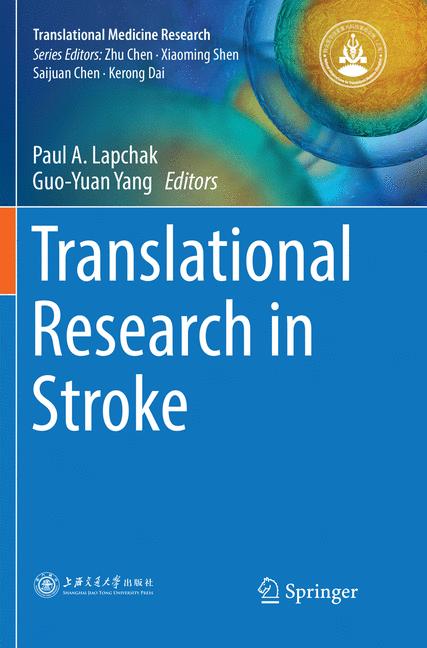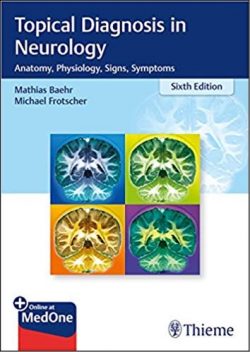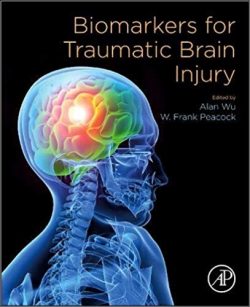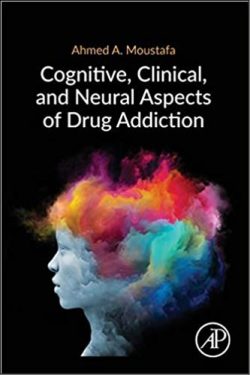This book mainly discusses the current status of stroke transnational research and allows the reader to understand the interplay of common comorbidities in the stroke population such as diabetes and hypertension, and provides insight into stroke targets to promote cell survival, angiogenesis, neurogenesis, and most importantly, functional recovery after stroke.
Throughout the world, stroke is still a leading cause of mortality and morbidity; each year approximately 15 million people worldwide suffer from stroke. Stroke is now the leading cause of death and disability in China. Large communities of stroke survivors are eagerly awaiting scientific advances in transnational stroke research that would offer neuroprotective therapeutics for acute stroke management, or rehabilitation and regenerative strategies utilizing novel stem cell-based approaches. While research is ongoing, the Editors have compiled this volume to help the further understanding of the pathophysiology of stroke and to review and identify future potential biomarkers. The book is written for students, researchers and physicians in neurosciences, neurology and neuroradiology.
Section I- Stroke Epidemiology-Diagnosis.- Section II- Stroke mechanisms.- Section III- Stroke Therapy.
“This is a collection of research topics about various aspects of stroke, including an in-depth comparison of the trials that led to current practices, a breakdown of the pathophysiology of mechanisms involved in stroke, imaging, and future advances. … This is an excellent combination of academic principles and discussions of the relevant research studies. This book is ideal for an audience interested in neurology on both research and academic levels.” (Alison Caruana, Doody’s Book Reviews, April, 2018) Dr. Paul A. Lapchak is Director of Translational Research in the Departments of Neurology & Neurosurgery at Cedars-Sinai Medical Center in Los Angeles CA, USA;
Dr. Guoyuan Yang is Professor at the School of Biomedical Engineering, Shanghai Jiao Tong University, Shanghai, China This book mainly discusses the current status of stroke transnational research and allows the reader to understand the interplay of common comorbidities in the stroke population such as diabetes and hypertension, and provides insight into stroke targets to promote cell survival, angiogenesis, neurogenesis, and most importantly, functional recovery after stroke.
Throughout the world, stroke is still a leading cause of mortality and morbidity; each year approximately 15 million people worldwide suffer from stroke. Stroke is now the leading cause of death and disability in China. Large communities of stroke survivors are eagerly awaiting scientific advances in transnational stroke research that would offer neuroprotective therapeutics for acute stroke management, or rehabilitation and regenerative strategies utilizing novel stem cell-based approaches. While research is ongoing, the Editors have compiled this volume to help the further understanding of the pathophysiology of stroke and to review and identify future potential biomarkers. The book is written for students, researchers and physicians in neurosciences, neurology and neuroradiology. Summarizes the latest developments in translational research in stroke
Offers new therapeutics or rehabilitation and regenerative strategies
Provides a basis for effective translational research
Summarizes the latest developments in translational research in stroke
Offers new therapeutics or rehabilitation and regenerative strategies
Provides a basis for effective translational research





